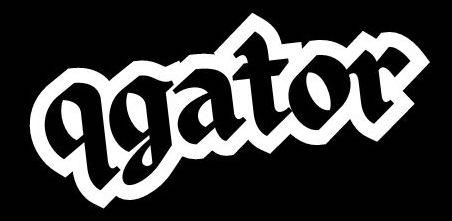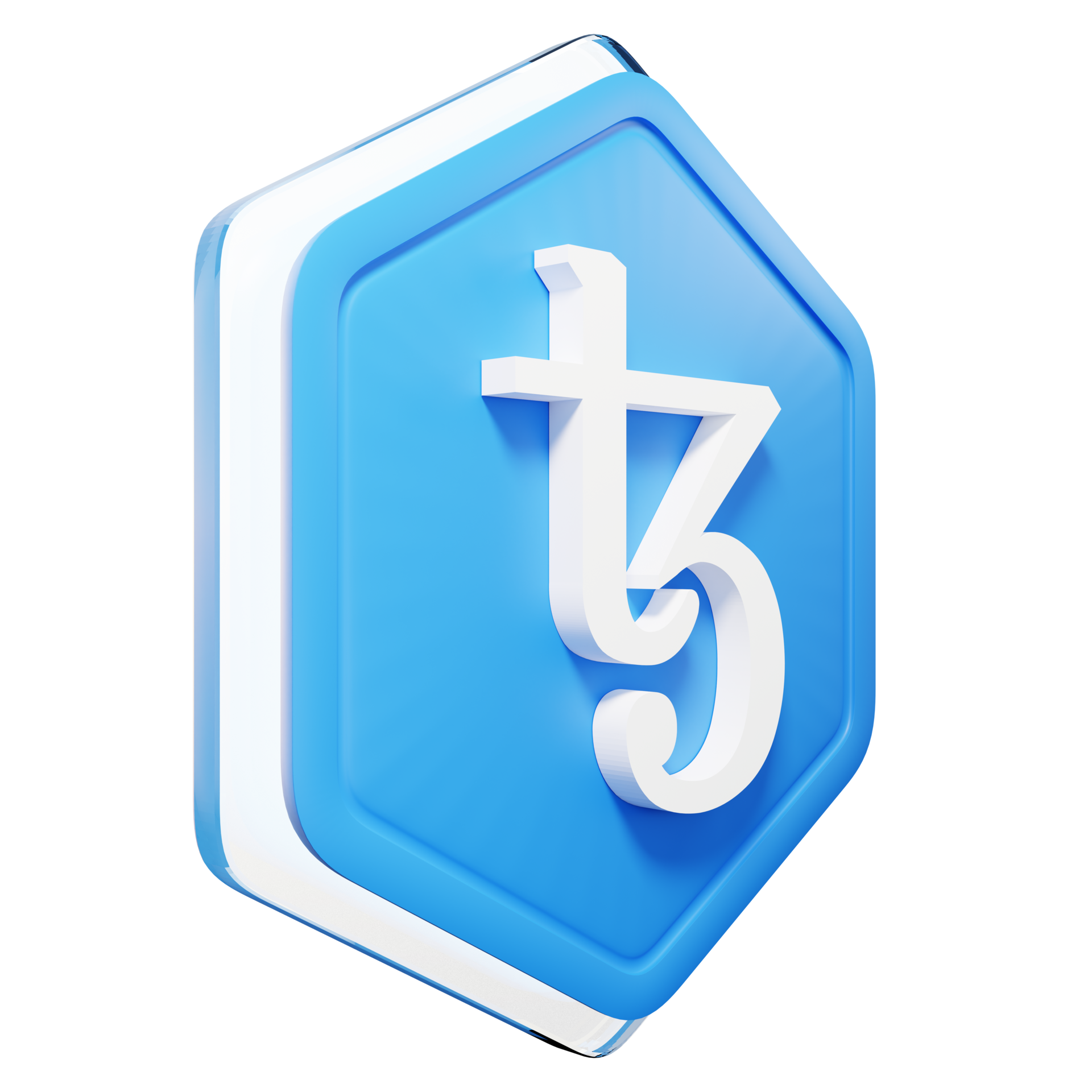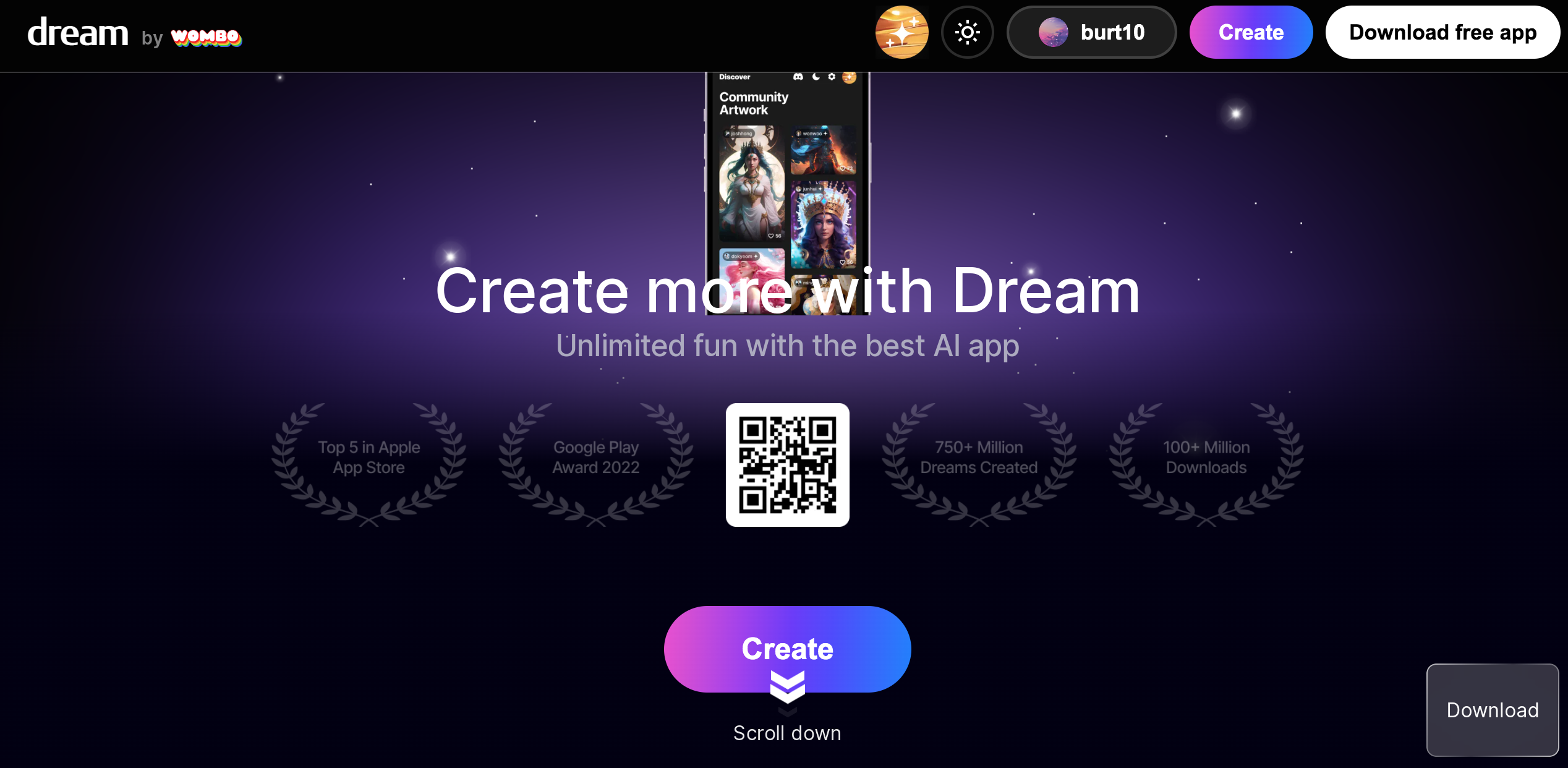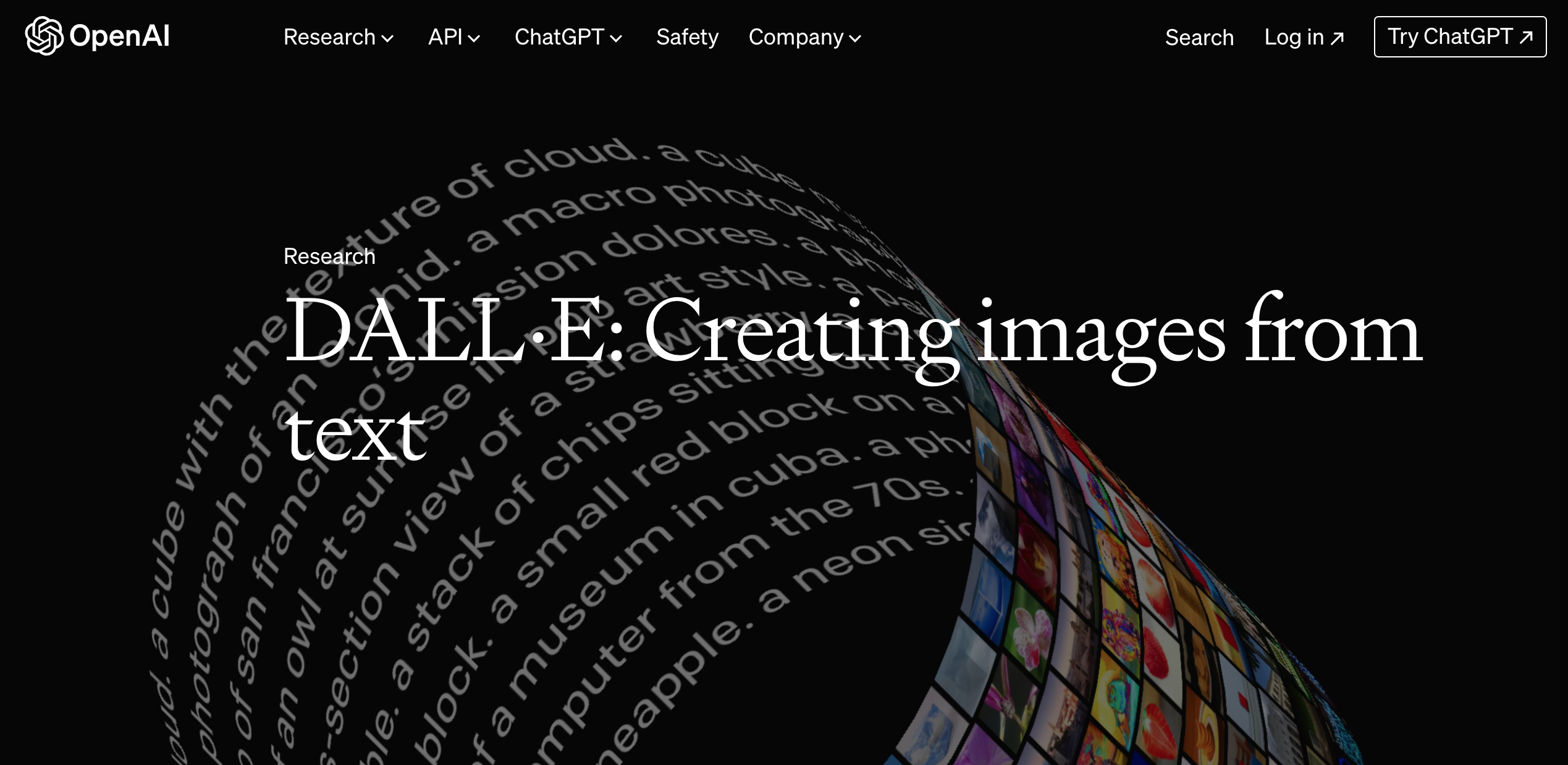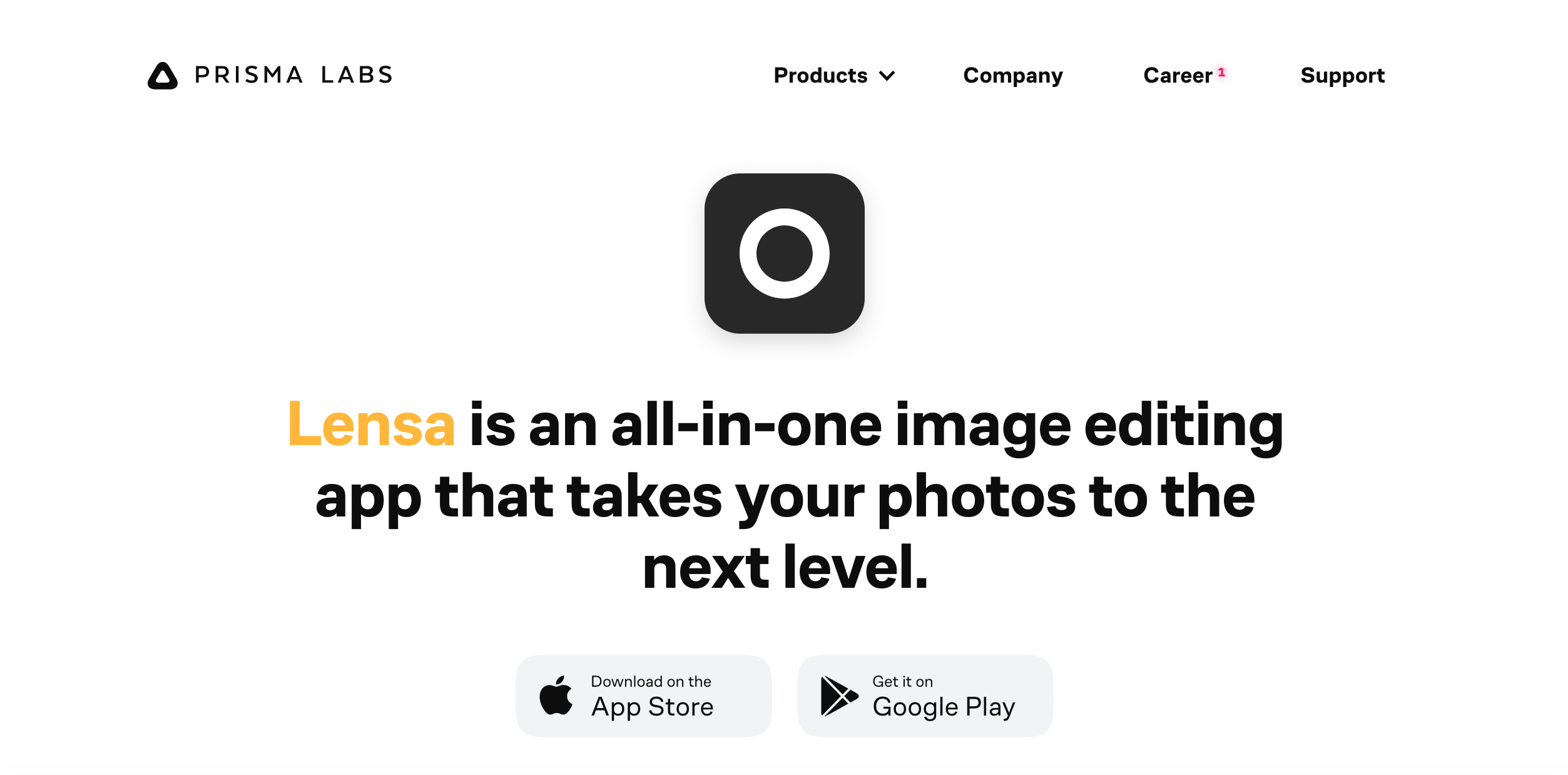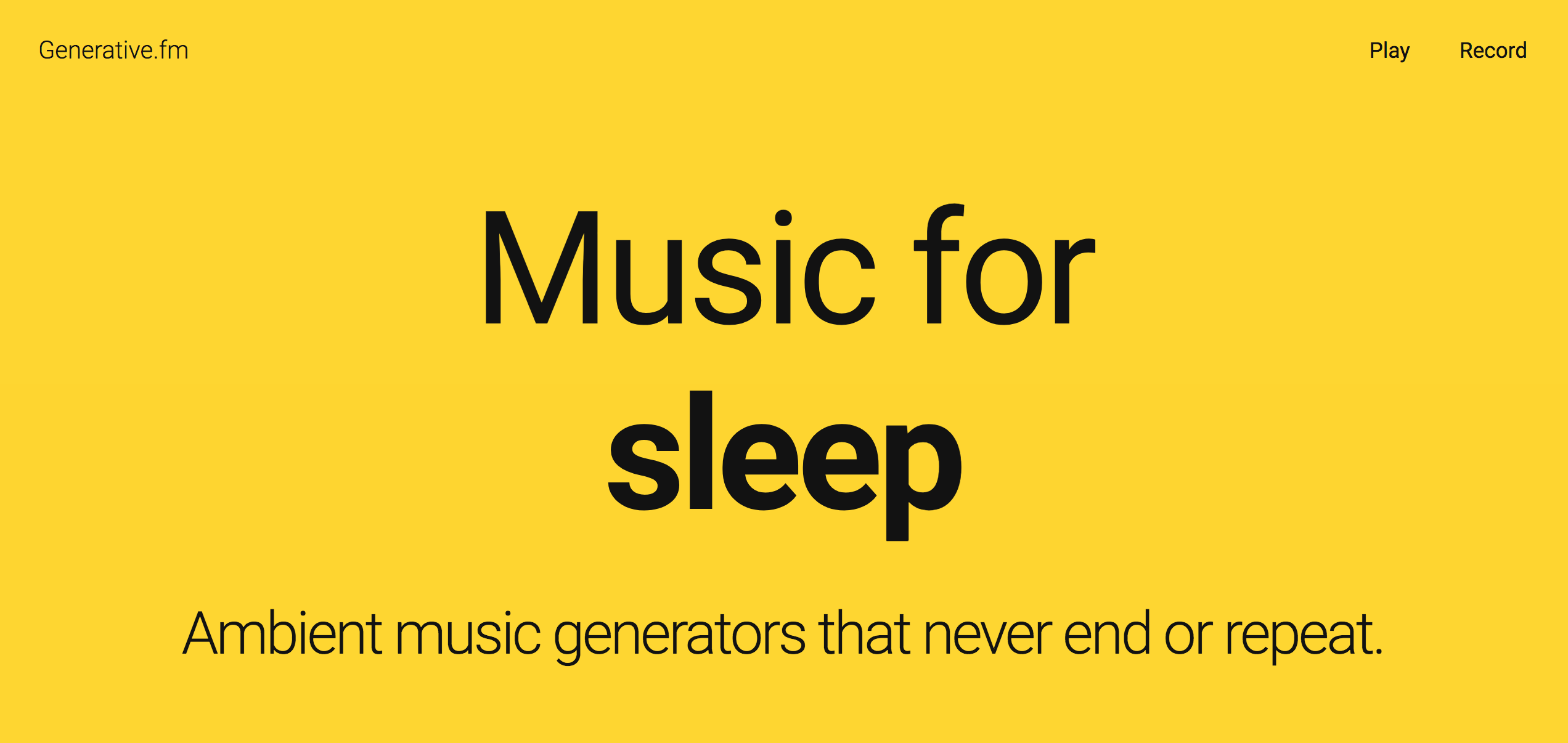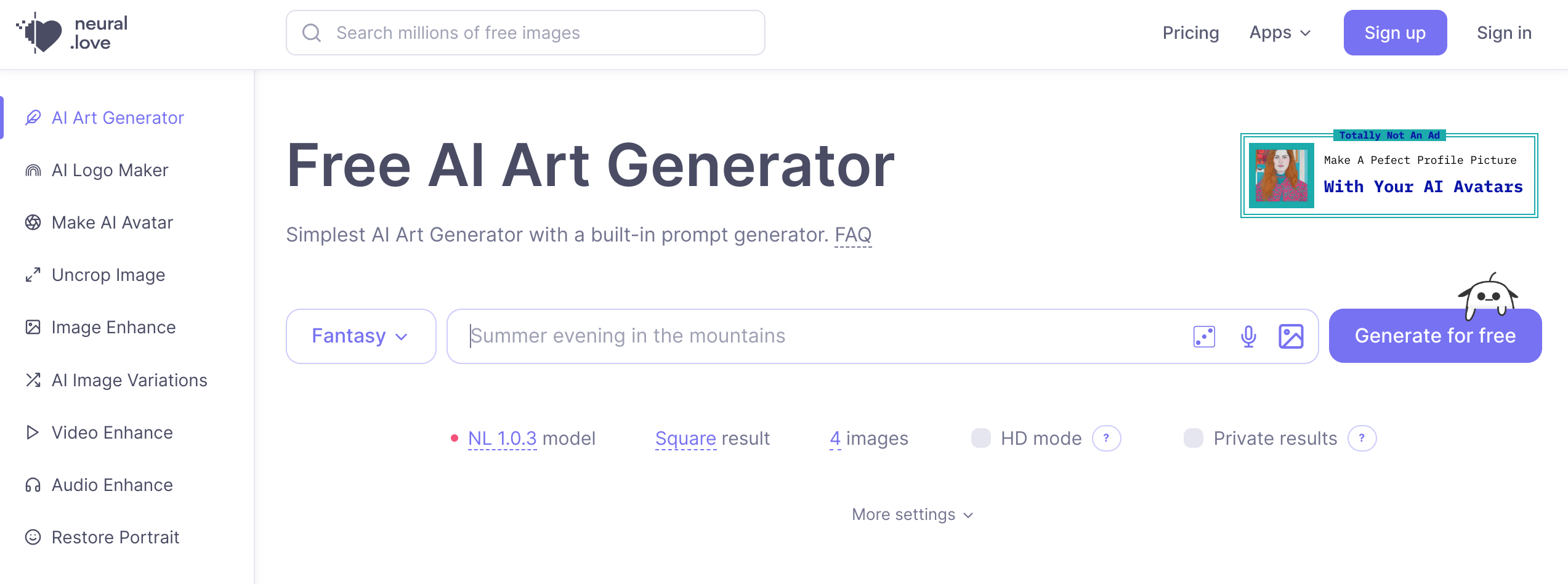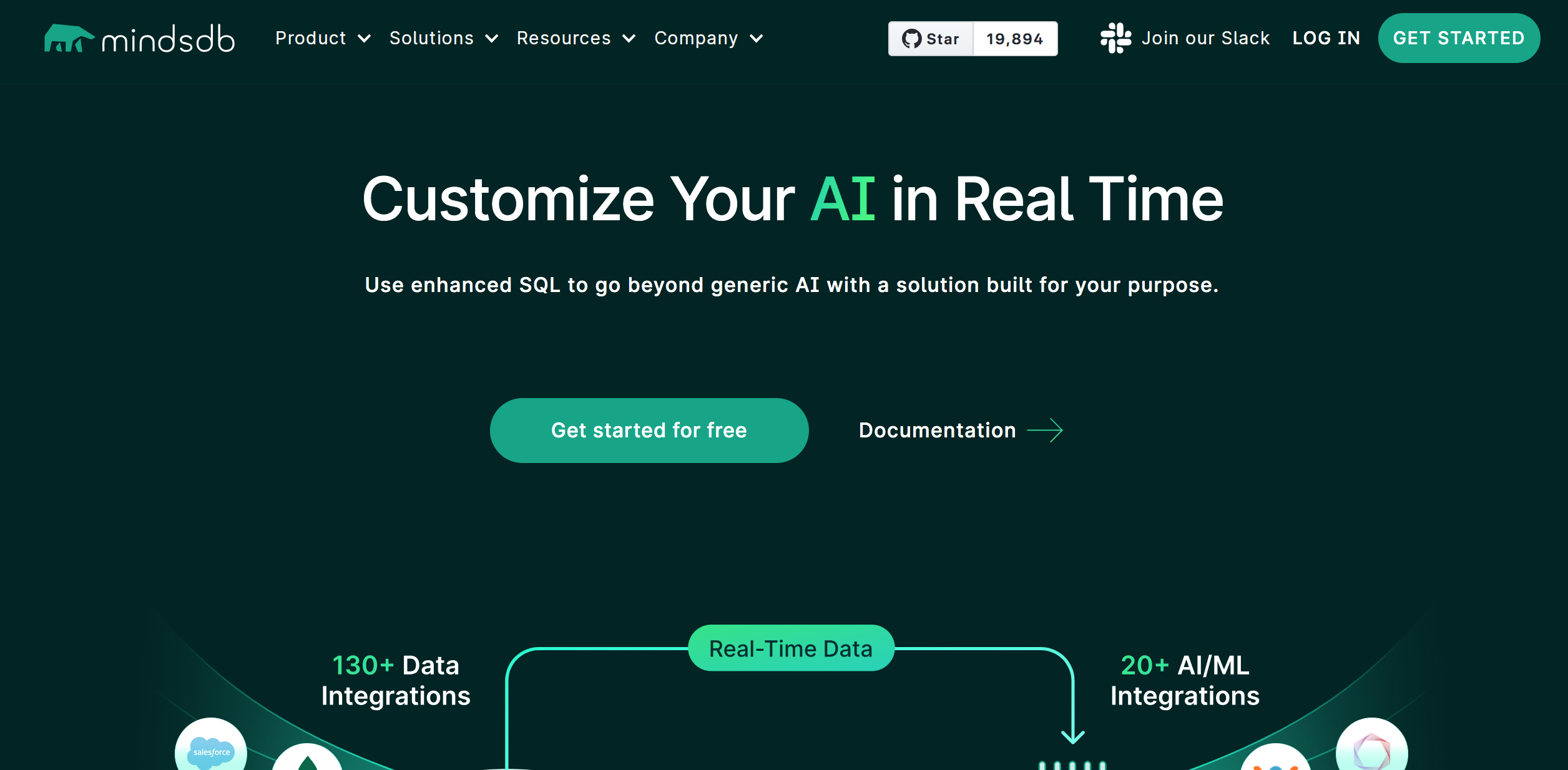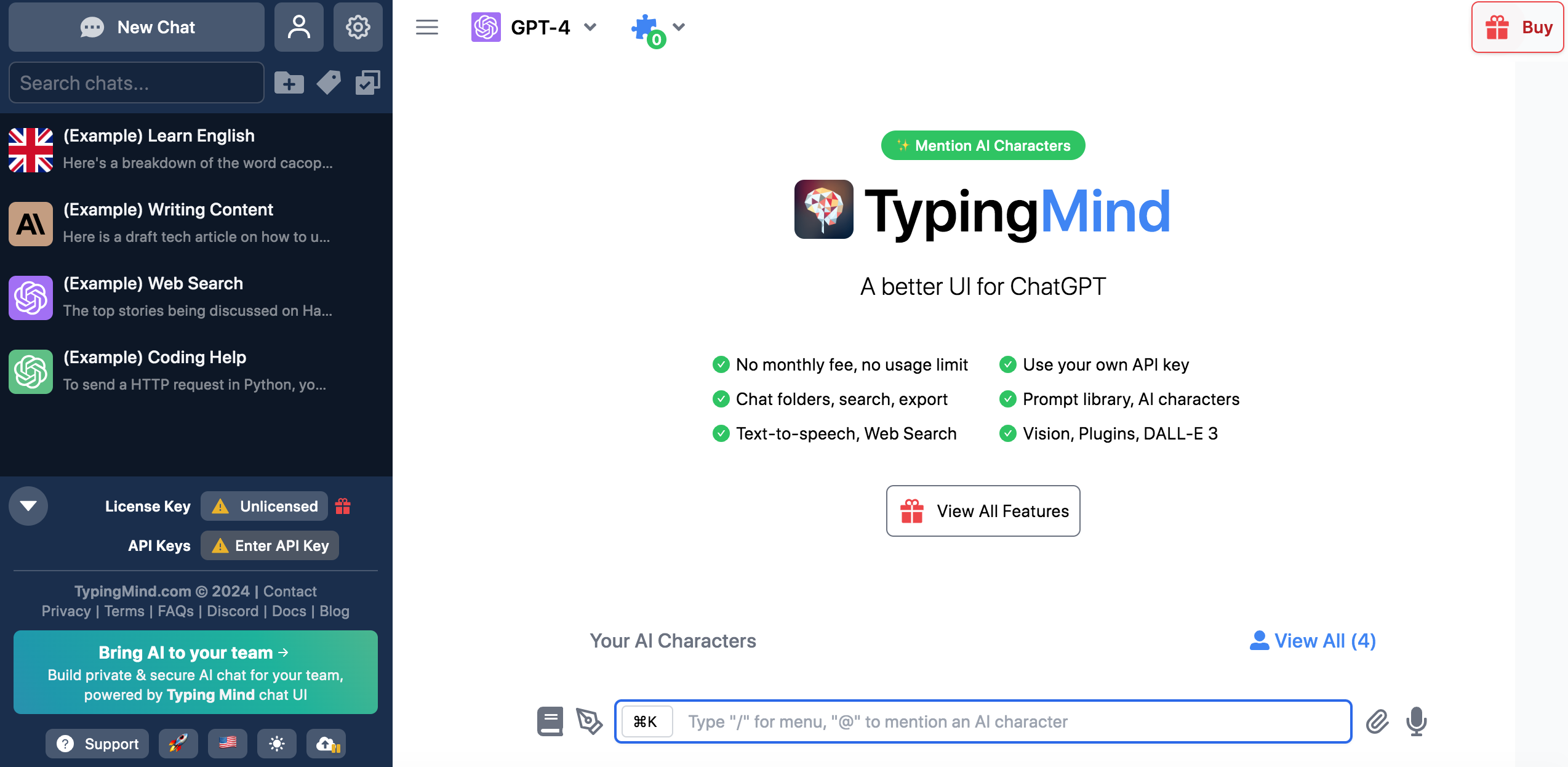I. Introduction
In recent years, blockchain technology has taken the world by storm, with numerous blockchain platforms competing for market dominance. Tezos is one such blockchain platform that has gained a significant following due to its unique approach to blockchain governance and smart contract functionality. In this Tezos review, we will take a comprehensive look at this blockchain platform, exploring its key features, use cases, and more.
II. What is Tezos?
Tezos is a blockchain platform that is designed to enable smart contracts and decentralized applications (DApps) to be built on top of its blockchain. The platform was developed by Arthur Breitman and Kathleen Breitman and was launched in 2018 after a successful initial coin offering (ICO) that raised $232 million.
One of the key features of Tezos is its unique approach to blockchain governance. Tezos uses a self-amending blockchain protocol that allows the platform to upgrade itself without the need for hard forks. This means that the Tezos blockchain can evolve over time without causing network disruptions or creating new coins.
III. Key Features of Tezos
Here are some of the key features of Tezos:
- Self-amending blockchain protocol: As mentioned, Tezos uses a self-amending blockchain protocol that enables the platform to upgrade itself without the need for hard forks. This approach to blockchain governance is designed to ensure that the Tezos blockchain can evolve over time to meet the changing needs of its users.
- Formal verification: Tezos uses formal verification to ensure that smart contracts on the platform are correct and secure. This approach helps to minimize the risk of bugs and other vulnerabilities that can be exploited by hackers.
- Liquid proof-of-stake consensus mechanism: Tezos uses a liquid proof-of-stake consensus mechanism that enables token holders to participate in the block validation process. This approach is designed to make the Tezos blockchain more secure and decentralized.
- Low transaction fees: Tezos has some of the lowest transaction fees of any blockchain platform. This makes it an attractive option for developers and users who want to build and use decentralized applications without incurring high costs.
Pros
- Self-amending system: One of the biggest advantages of Tezos is its ability to self-amend. This means that the network can evolve over time without the need for hard forks or community splits. This allows for a more stable and sustainable network in the long term.
- Flexible smart contracts: Tezos supports a variety of programming languages for smart contract development, including Michelson, Reason, and Solidity. This flexibility makes it easier for developers to build and deploy decentralized applications on the platform.
- Staking rewards: Tezos uses a proof-of-stake consensus mechanism, which means that users can earn staking rewards for participating in network consensus. This incentivizes network participation and helps to secure the network.
- Low transaction fees: Compared to other blockchain networks like Bitcoin and Ethereum, Tezos has relatively low transaction fees. This makes it a more affordable option for users who want to participate in decentralized finance (DeFi) and other blockchain applications.
Cons
- Limited adoption: While Tezos has been gaining traction in the blockchain community, it still has relatively low adoption compared to more established networks like Bitcoin and Ethereum. This can make it harder for developers to find support and resources for building on the platform.
- Centralized development: Although Tezos is a decentralized network, its development is largely controlled by the Tezos Foundation. This centralization can lead to issues with community governance and decision-making.
- Limited liquidity: Due to its lower adoption rate, Tezos may have limited liquidity compared to more popular cryptocurrencies. This can make it harder to buy and sell Tezos tokens on the open market.
- Competition from other platforms: Tezos is not the only blockchain platform that offers smart contract functionality and staking rewards. It faces competition from other platforms like Ethereum, Cardano, and Polkadot, which can make it harder for Tezos to stand out in a crowded market.
Conclusion
Tezos is a promising blockchain platform that offers a number of unique advantages, including its self-amending system and flexible smart contract functionality. With its low transaction fees and staking rewards, Tezos is a more affordable and accessible option for users who want to participate in decentralized finance and other blockchain applications. However, Tezos still faces challenges with adoption, centralization, and competition from other platforms. Despite these challenges, Tezos has a dedicated community of developers and supporters who are working to make it a more viable and sustainable blockchain network.
